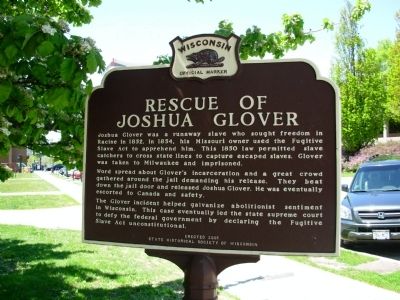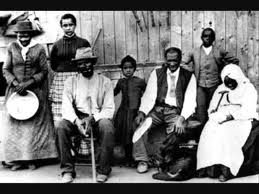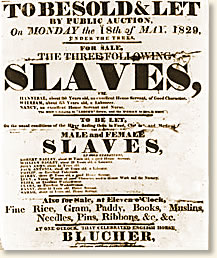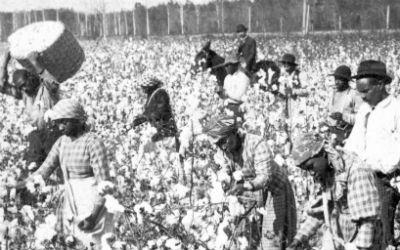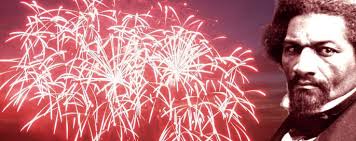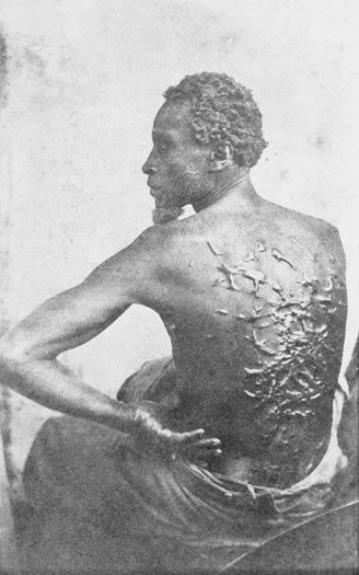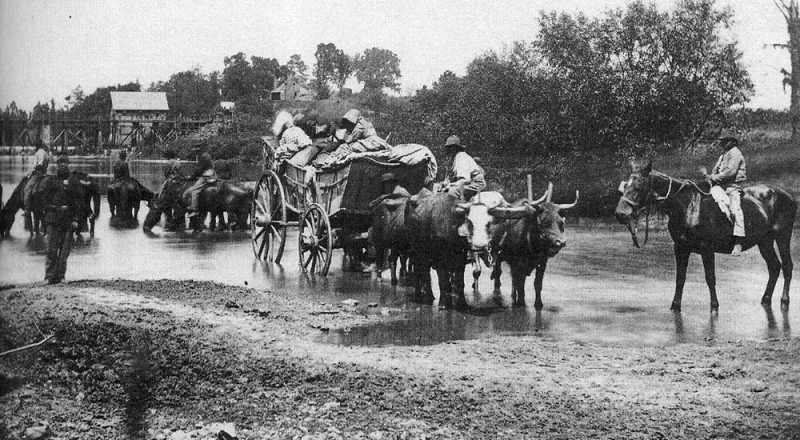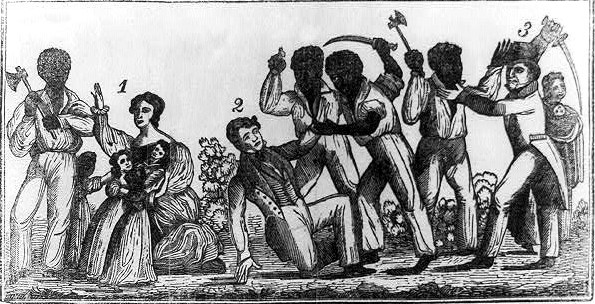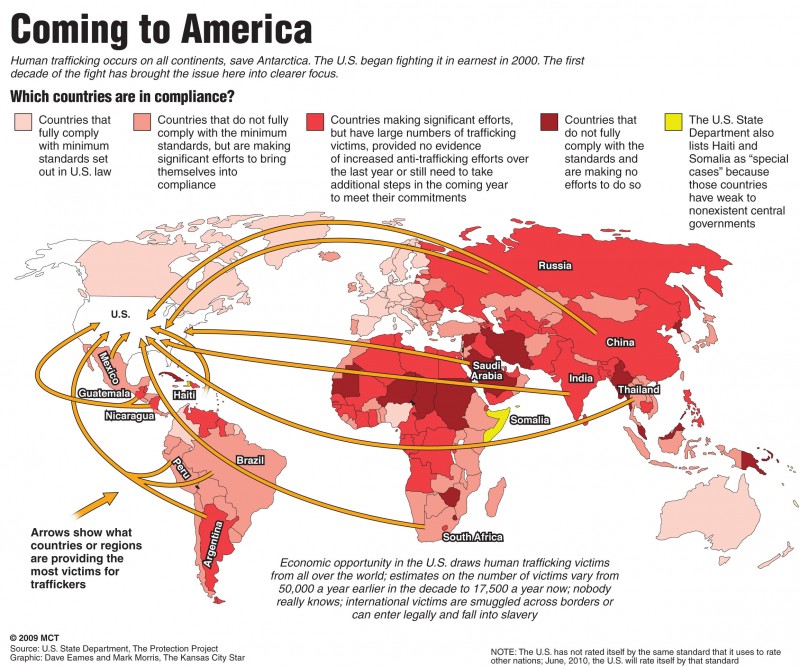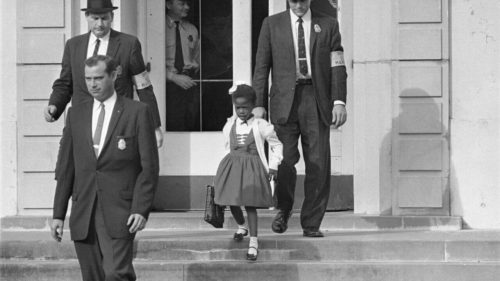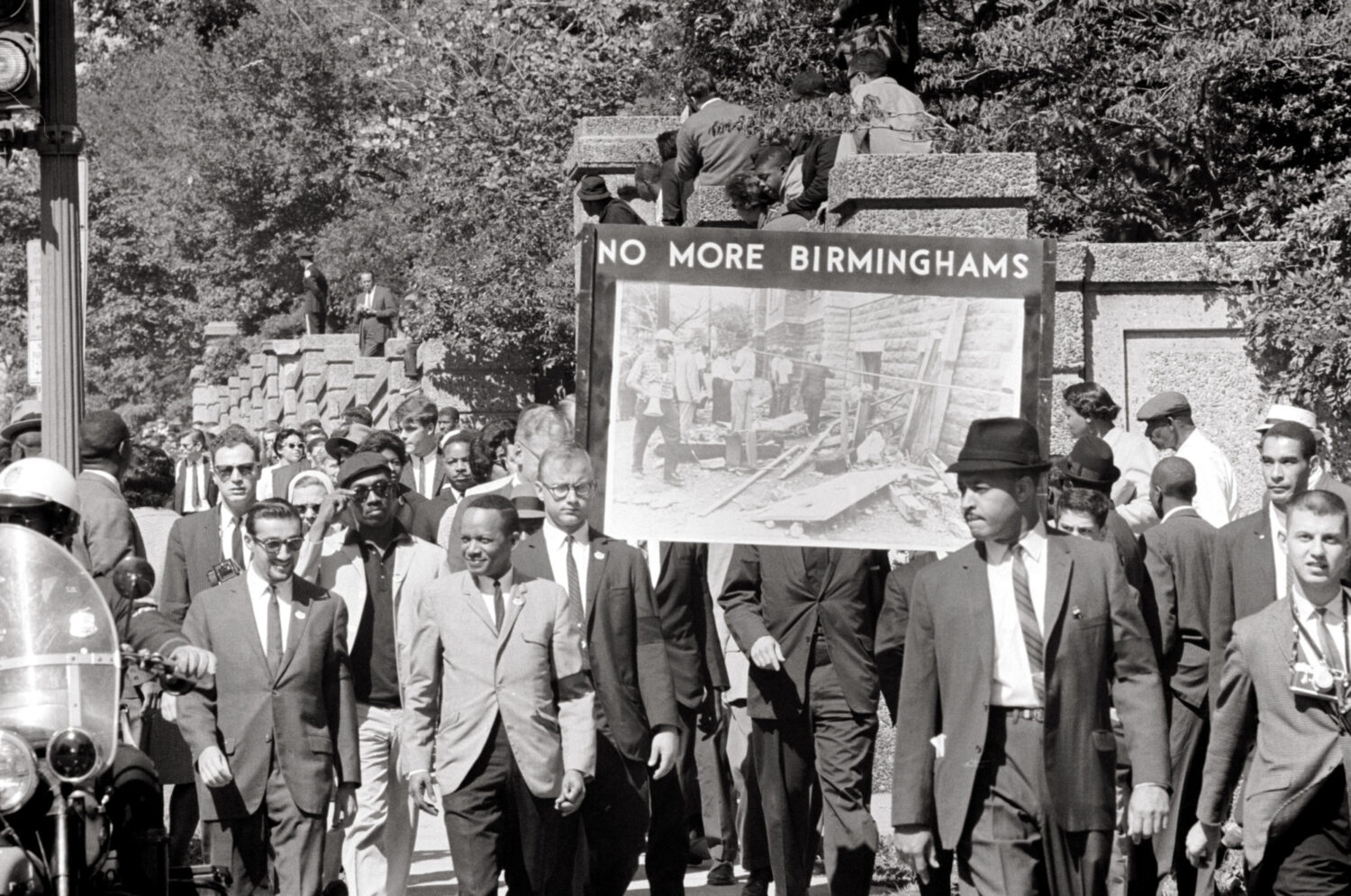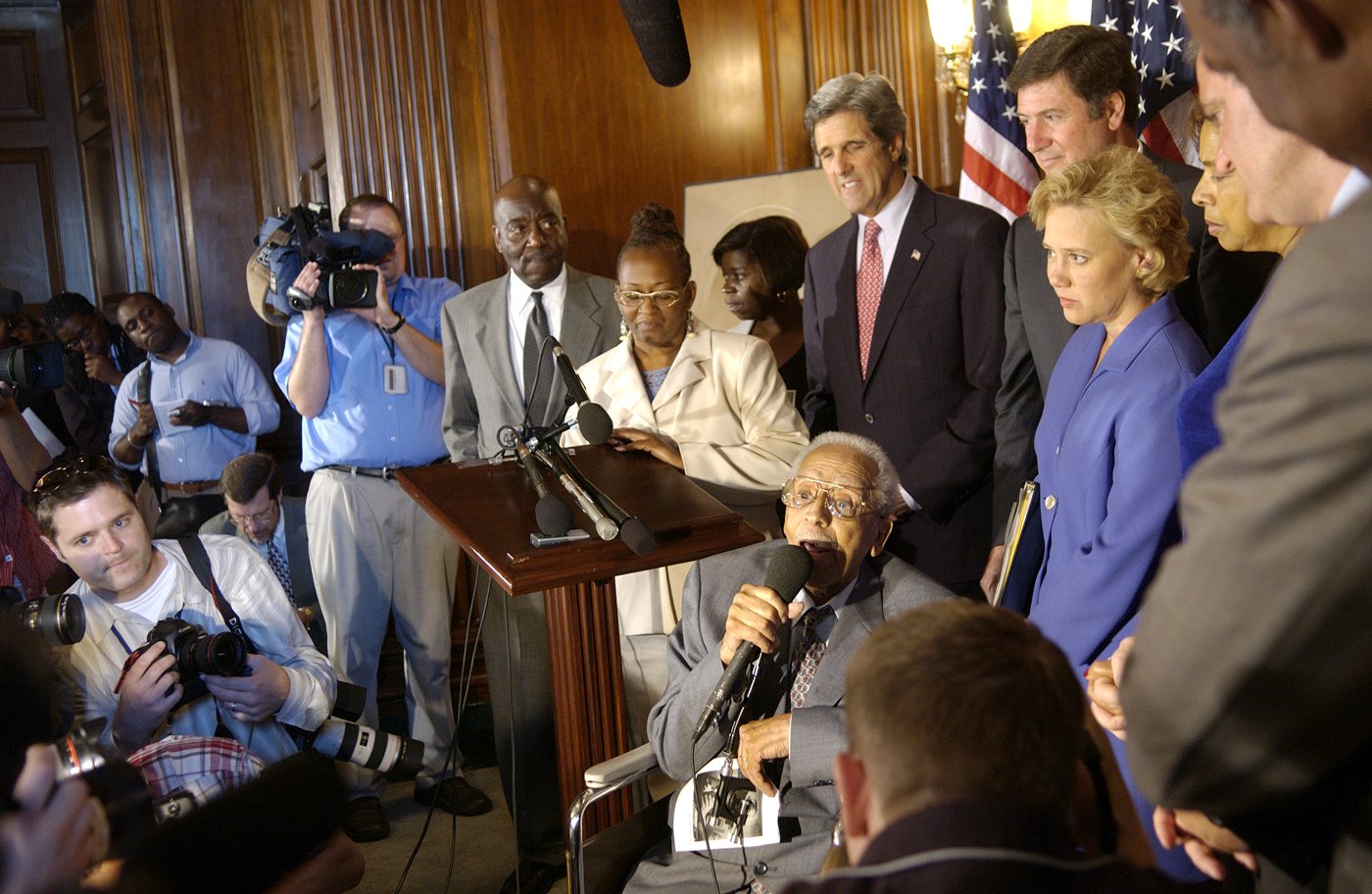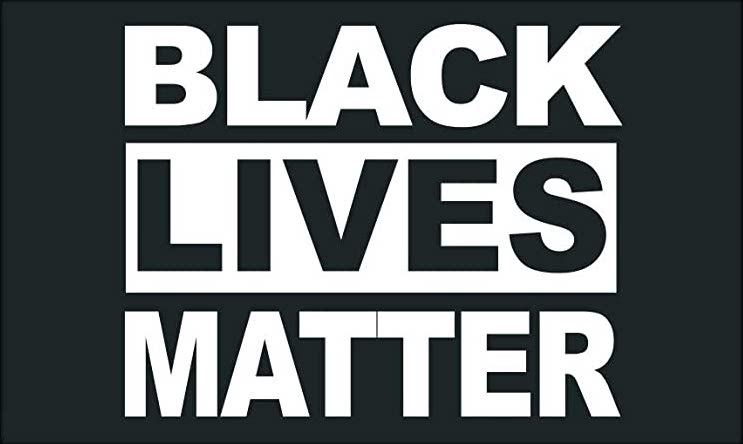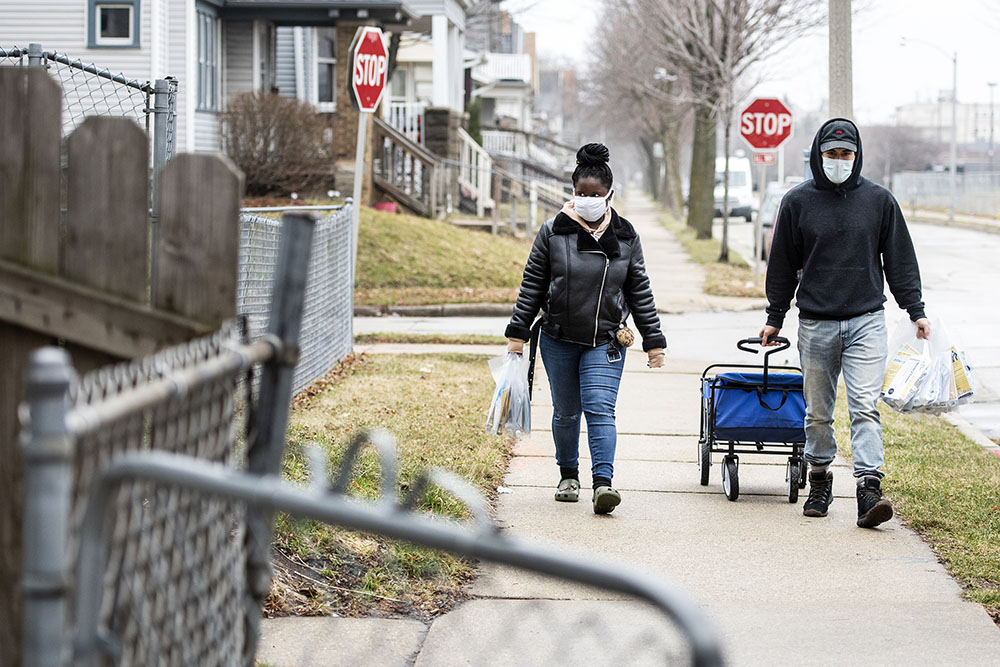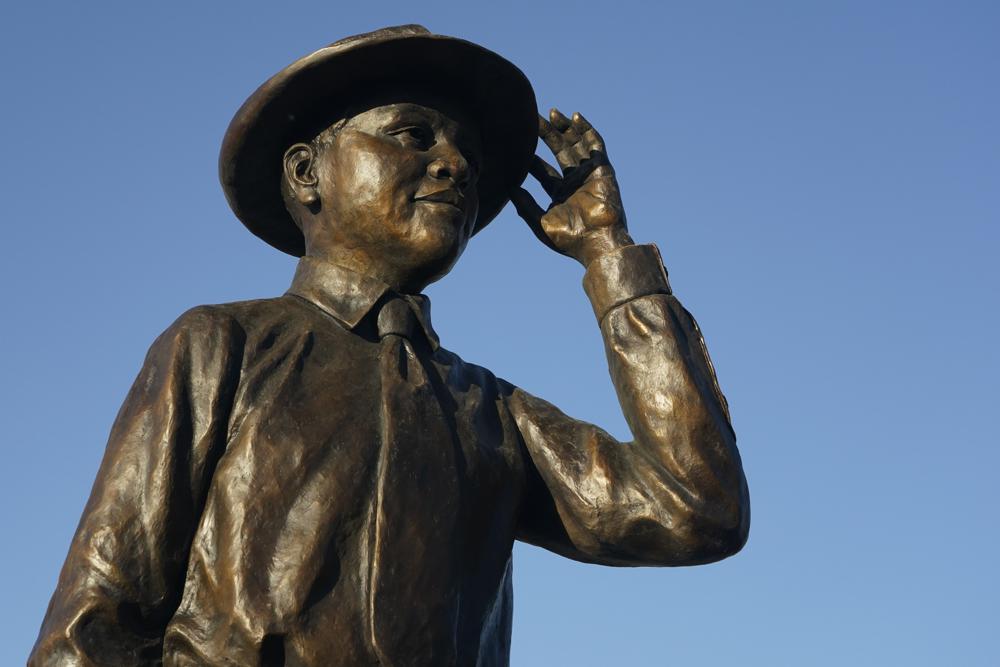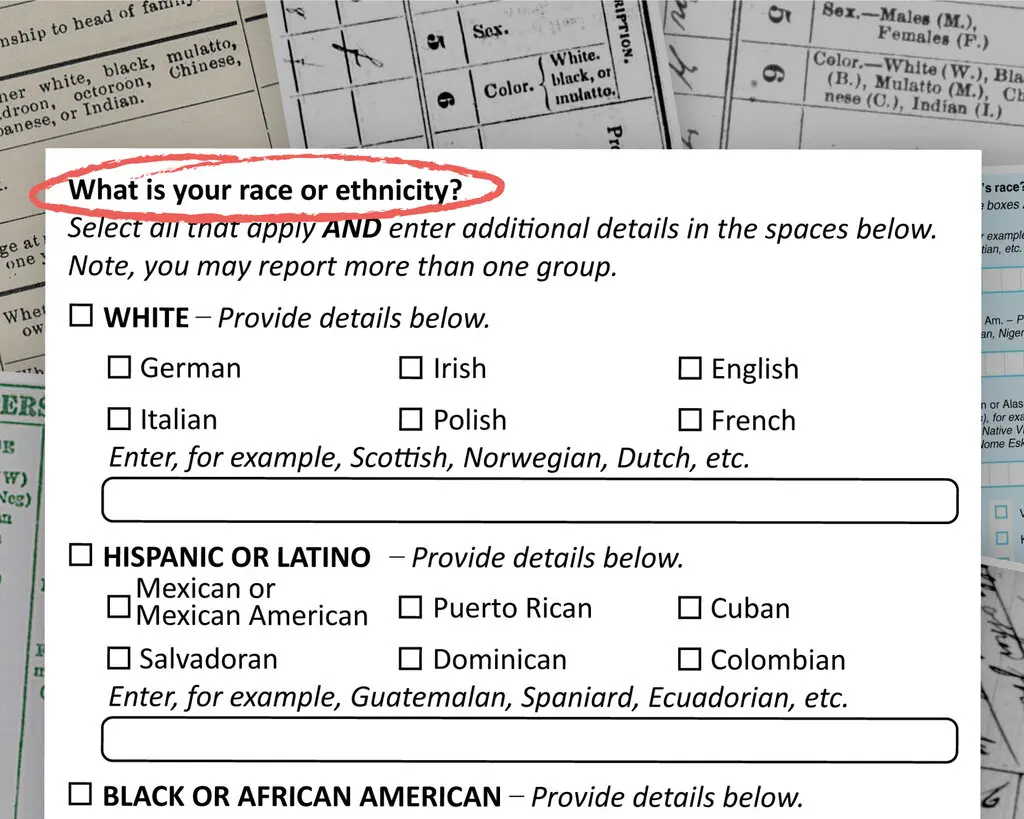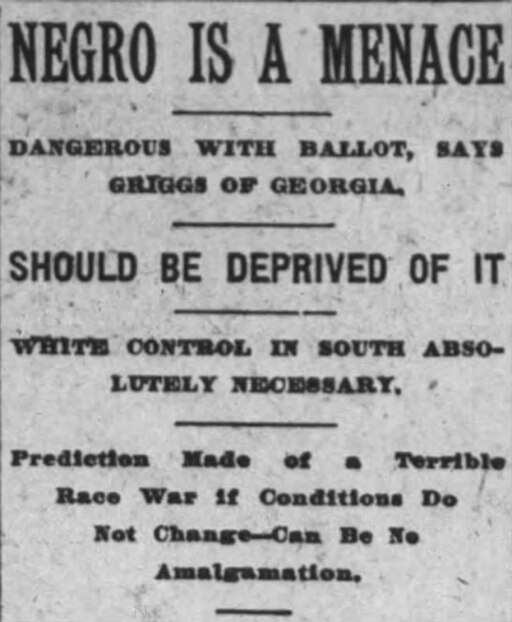Self-Guided Tours
Explore Our Online Exhibits
Breaking News
Worldwide Community Events
Week 3
- Sun 29
- Mon 30
- Tue 1
- Wed 2
- Thu 3
- Fri 4
- Sat 5
- Sun 6
- Mon 7
- Tue 8
- Wed 9
- Thu 10
- Fri 11
- Sat 12
- Sun 13
- Mon 14
- Tue 15
- Wed 16
- Thu 17
- Fri 18
- Sat 19
- Sun 20
- Mon 21
- Tue 22
- Wed 23
- Thu 24
- Fri 25
- Sat 26
- Sun 27
- Mon 28
- Tue 29
- Wed 30
- Thu 31
- Fri 1
- Sat 2
-
29June29June
 8:00 AM - 12:00 AM
8:00 AM - 12:00 AMSailing to Freedom: Maritime Dimensions of the Underground Railroad
Chesapeake Bay Maritime Museum -
30June30June
 All Day
All DaySailing to Freedom: Maritime Dimensions of the Underground Railroad
Chesapeake Bay Maritime Museum -
01July01July
 All Day
All DaySailing to Freedom: Maritime Dimensions of the Underground Railroad
Chesapeake Bay Maritime Museum01July
Summer Tour Discounts
ABHM in Milwaukee, WI -
02July02July
 All Day
All DaySailing to Freedom: Maritime Dimensions of the Underground Railroad
Chesapeake Bay Maritime Museum02July
Summer Tour Discounts
ABHM in Milwaukee, WI -
03July03July
 All Day
All DaySailing to Freedom: Maritime Dimensions of the Underground Railroad
Chesapeake Bay Maritime Museum03July
Summer Tour Discounts
ABHM in Milwaukee, WI -
04July04July
 All Day
All DaySailing to Freedom: Maritime Dimensions of the Underground Railroad
Chesapeake Bay Maritime Museum04July
Summer Tour Discounts
ABHM in Milwaukee, WI -
05July05July
 All Day
All DaySailing to Freedom: Maritime Dimensions of the Underground Railroad
Chesapeake Bay Maritime Museum05July
Summer Tour Discounts
ABHM in Milwaukee, WI -
06July06July
 All Day
All DaySailing to Freedom: Maritime Dimensions of the Underground Railroad
Chesapeake Bay Maritime Museum06July
Summer Tour Discounts
ABHM in Milwaukee, WI -
07July07July
 All Day
All DaySailing to Freedom: Maritime Dimensions of the Underground Railroad
Chesapeake Bay Maritime Museum07July
Summer Tour Discounts
ABHM in Milwaukee, WI -
08July08July
 All Day
All DaySailing to Freedom: Maritime Dimensions of the Underground Railroad
Chesapeake Bay Maritime Museum08July
Summer Tour Discounts
ABHM in Milwaukee, WI -
09July09July
 All Day
All DaySailing to Freedom: Maritime Dimensions of the Underground Railroad
Chesapeake Bay Maritime Museum09July
Summer Tour Discounts
ABHM in Milwaukee, WI -
10July10July
 All Day
All DaySailing to Freedom: Maritime Dimensions of the Underground Railroad
Chesapeake Bay Maritime Museum10July
Summer Tour Discounts
ABHM in Milwaukee, WI -
11July11July
 All Day
All DaySailing to Freedom: Maritime Dimensions of the Underground Railroad
Chesapeake Bay Maritime Museum11July
Black Arts Festival – Denver
City Park, Festival Grounds11July
Summer Tour Discounts
ABHM in Milwaukee, WI -
12July12July
 All Day
All DaySailing to Freedom: Maritime Dimensions of the Underground Railroad
Chesapeake Bay Maritime Museum12July
Black Arts Festival – Denver
City Park, Festival Grounds12July
Summer Tour Discounts
ABHM in Milwaukee, WI12July
Copy of NAACP National Convention 2025
Charlotte Convention Center -
13July13July
 All Day
All DaySailing to Freedom: Maritime Dimensions of the Underground Railroad
Chesapeake Bay Maritime Museum13July
Black Arts Festival – Denver
City Park, Festival Grounds13July
Summer Tour Discounts
ABHM in Milwaukee, WI13July
Copy of NAACP National Convention 2025
Charlotte Convention Center -
14July14July
 All Day
All DaySailing to Freedom: Maritime Dimensions of the Underground Railroad
Chesapeake Bay Maritime Museum14July
Summer Tour Discounts
ABHM in Milwaukee, WI14July
Copy of NAACP National Convention 2025
Charlotte Convention Center -
15July15July
 All Day
All DaySailing to Freedom: Maritime Dimensions of the Underground Railroad
Chesapeake Bay Maritime Museum15July
Summer Tour Discounts
ABHM in Milwaukee, WI15July
Copy of NAACP National Convention 2025
Charlotte Convention Center -
16July16July
 All Day
All DaySailing to Freedom: Maritime Dimensions of the Underground Railroad
Chesapeake Bay Maritime Museum16July
Summer Tour Discounts
ABHM in Milwaukee, WI16July
Copy of NAACP National Convention 2025
Charlotte Convention Center -
17July17July
 All Day
All DaySailing to Freedom: Maritime Dimensions of the Underground Railroad
Chesapeake Bay Maritime Museum17July
Summer Tour Discounts
ABHM in Milwaukee, WI -
18July18July
 All Day
All DaySailing to Freedom: Maritime Dimensions of the Underground Railroad
Chesapeake Bay Maritime Museum18July
Summer Tour Discounts
ABHM in Milwaukee, WI -
19July19July
 All Day
All DaySailing to Freedom: Maritime Dimensions of the Underground Railroad
Chesapeake Bay Maritime Museum19July
Summer Tour Discounts
ABHM in Milwaukee, WI -
20July20July
 All Day
All DaySailing to Freedom: Maritime Dimensions of the Underground Railroad
Chesapeake Bay Maritime Museum20July
Summer Tour Discounts
ABHM in Milwaukee, WI -
21July21July
 All Day
All DaySailing to Freedom: Maritime Dimensions of the Underground Railroad
Chesapeake Bay Maritime Museum21July
Summer Tour Discounts
ABHM in Milwaukee, WI -
22July22July
 All Day
All DaySailing to Freedom: Maritime Dimensions of the Underground Railroad
Chesapeake Bay Maritime Museum22July
Summer Tour Discounts
ABHM in Milwaukee, WI -
23July23July
 All Day
All DaySailing to Freedom: Maritime Dimensions of the Underground Railroad
Chesapeake Bay Maritime Museum23July
Summer Tour Discounts
ABHM in Milwaukee, WI -
24July24July
 All Day
All DaySailing to Freedom: Maritime Dimensions of the Underground Railroad
Chesapeake Bay Maritime Museum24July
Summer Tour Discounts
ABHM in Milwaukee, WI24July
ABHM Book Club: Malcolm Lives by Ibram X Kendi
We Got This Community Garden -
25July25July
 All Day
All DaySailing to Freedom: Maritime Dimensions of the Underground Railroad
Chesapeake Bay Maritime Museum25July
Summer Tour Discounts
ABHM in Milwaukee, WI -
26July26July
 All Day
All DaySailing to Freedom: Maritime Dimensions of the Underground Railroad
Chesapeake Bay Maritime Museum26July
Summer Tour Discounts
ABHM in Milwaukee, WI26July
-
27July27July
 All Day
All DaySailing to Freedom: Maritime Dimensions of the Underground Railroad
Chesapeake Bay Maritime Museum27July
Summer Tour Discounts
ABHM in Milwaukee, WI -
28July28July
 All Day
All DaySailing to Freedom: Maritime Dimensions of the Underground Railroad
Chesapeake Bay Maritime Museum28July
Summer Tour Discounts
ABHM in Milwaukee, WI -
29July29July
 All Day
All DaySailing to Freedom: Maritime Dimensions of the Underground Railroad
Chesapeake Bay Maritime Museum29July
Summer Tour Discounts
ABHM in Milwaukee, WI -
30July30July
 All Day
All DaySailing to Freedom: Maritime Dimensions of the Underground Railroad
Chesapeake Bay Maritime Museum30July
Summer Tour Discounts
ABHM in Milwaukee, WI30July 5:00 PM - 10:00 PM
5:00 PM - 10:00 PMSoul Unplugged Downtown – All White Tribute To Frankie Beverly & Maze
Peck Pavilion -
31July31July
 All Day
All DaySailing to Freedom: Maritime Dimensions of the Underground Railroad
Chesapeake Bay Maritime Museum31July
Summer Tour Discounts
ABHM in Milwaukee, WI -
01August01August
 All Day
All DaySailing to Freedom: Maritime Dimensions of the Underground Railroad
Chesapeake Bay Maritime Museum01August
Summer Tour Discounts
ABHM in Milwaukee, WI -
02August02August
 All Day
All DaySailing to Freedom: Maritime Dimensions of the Underground Railroad
Chesapeake Bay Maritime Museum02August
Summer Tour Discounts
ABHM in Milwaukee, WI
Share
This Virtual Museum contains over 3600 exhibits! Choose to tour a specific topic important to you! Here's how:
In this gallery, you will find a variety self-guided tours to help you better understand issues and topics related to the African Diaspora, regardless of when they took place. By doing so, we provide you new ways to discover all this museum offers. Through our navigation, you can find chronological History Exhibits by era, read the latest Breaking News, and find upcoming local and global Events.
But most important issues do not arise and get resolved at a single point in time. Indeed, many of the issues that Black Americans struggle with have remained with us over decades –– if not centuries!
Therefore, our self-guided tours provide you two additional ways to explore this museum and better understand issues that continue to impact the descendants of kidnapped Africans:
- By individual topics (for example, Juneteenth Day or how the concept of "race" came to be)
- By ABHvM's Four Themes (Remembrance, Resistance, Redemption, and Reconciliation)
Introductory pages in each tour give you general background on the tour's content. Below the introduction, we display exhibits about different aspects of the topic. Clicking links in the exhibits will bring up additional related information to help you see how topics are connected. Pages automatically update each time we add new content.
Check back soon for even more self-guided tours!
Browse By Our Museum's Four Themes
Below, you explore the History Exhibits, Events, and Breaking News articles in each of the Four Themes.
We remember important historical events and people. Some of these are well-known, but most are not. The stories told in most of ABHvM's exhibits have been left out of our history books or been told incompletely.
People of African descent in this country have been targets of injustice for five hundred years, but they have not been simply victims. At ABHvM we also remember the many ways that black people and freedom-loving white people have resisted injustice.
Redemption is the act of saving – or being saved – from sin, error, or evil. Sometimes one person redeems another, or many others. Sometimes people redeem themselves. We tell the stories of both kinds of redemption.
Our founder, Dr. James Cameron, encouraged us to remember and to speak honestly and respectfully about our shared racial history, believing this would lead to racial reconciliation.
or Browse by Specific Topic
If you prefer, you can browse exhibits and articles by specific topic to learn about:
Black Lives Matter, sometimes shortened to “BLM,” is an anti-racist movement that highlights racism and the disparities that evolve from racism.
The COVID-19 pandemic has killed nearly 7 million people since 2020, and has highlighted racial inequalities in healthcare and jobs.
The lynching of Emmett Till is among the most infamous lynchings in the United States.
June 19th, also known as Juneteenth, is a day that recognizes the end of slavery in the United States.
Milwaukee is Wisconsin's city, site of ABHM, and home to a large Black community where racial issues play out often.
Race is a social construct that categorizes people based on different physical features, specifically skin color. It has been used to justify mistreatment from slavery to redlining.
White supremacy is the belief that white people are better than those of other races and includes actions that preserve power for white people.
